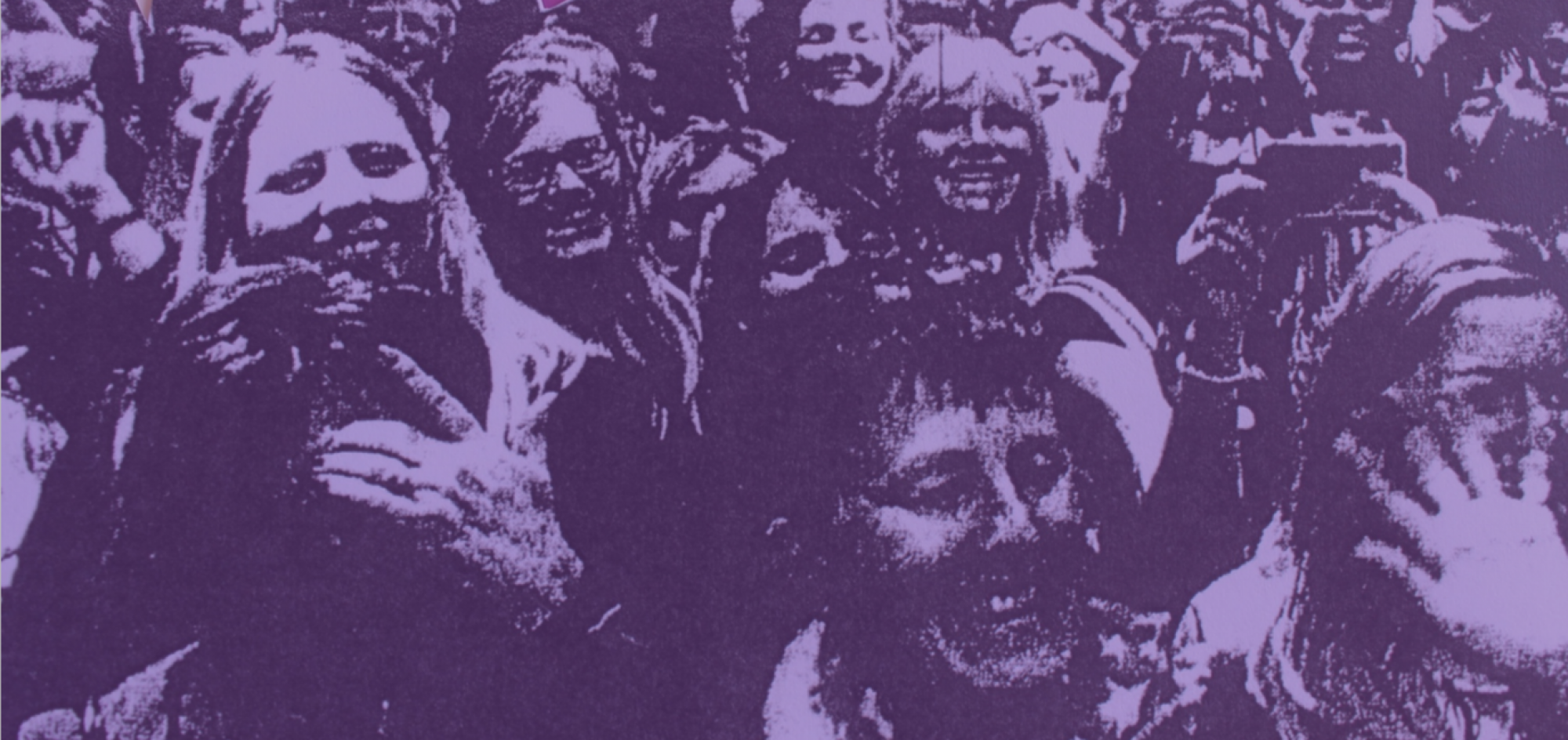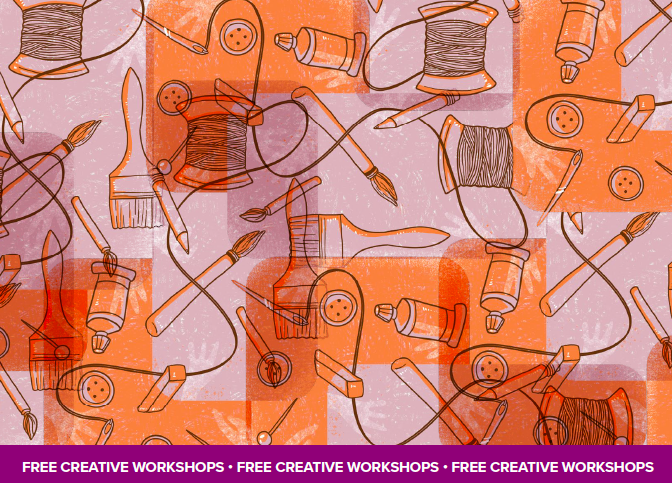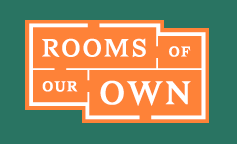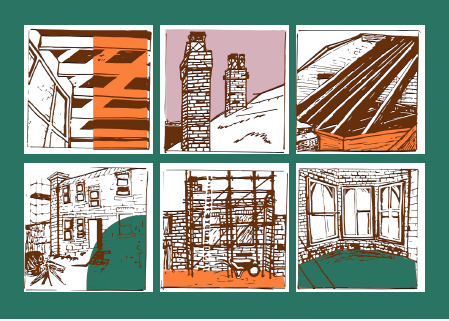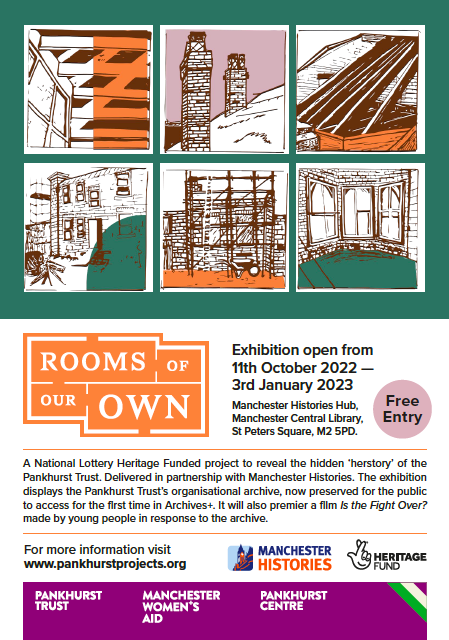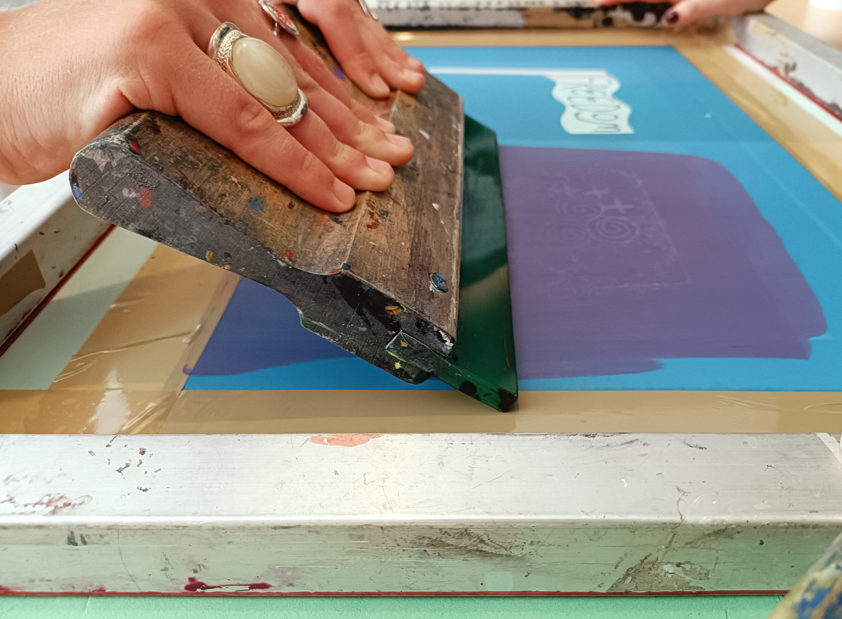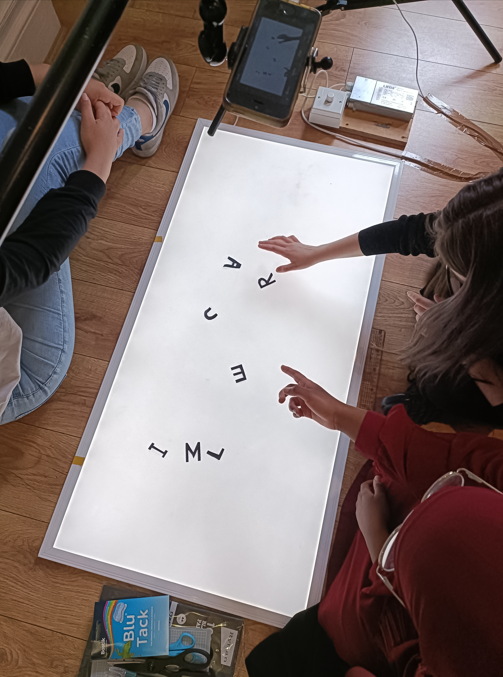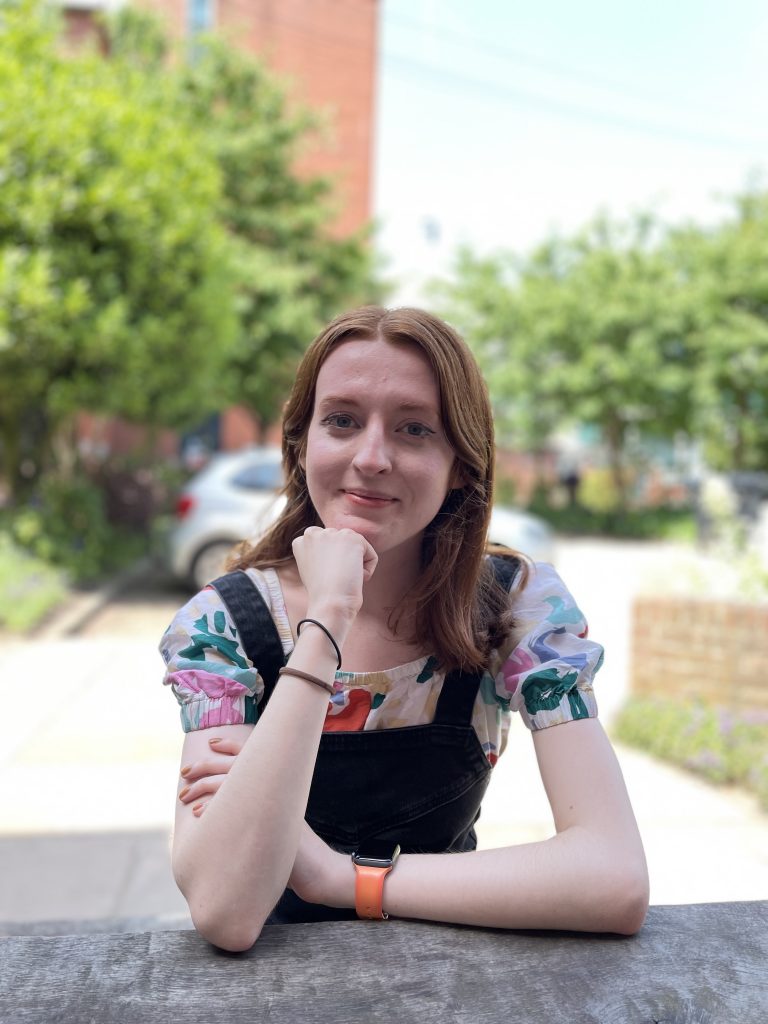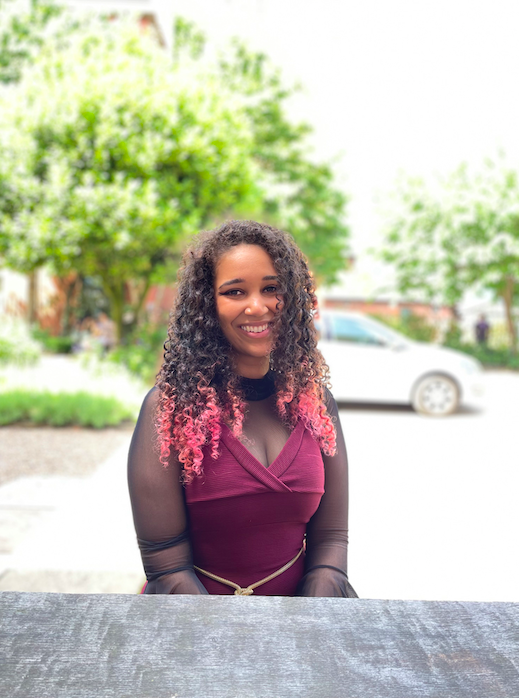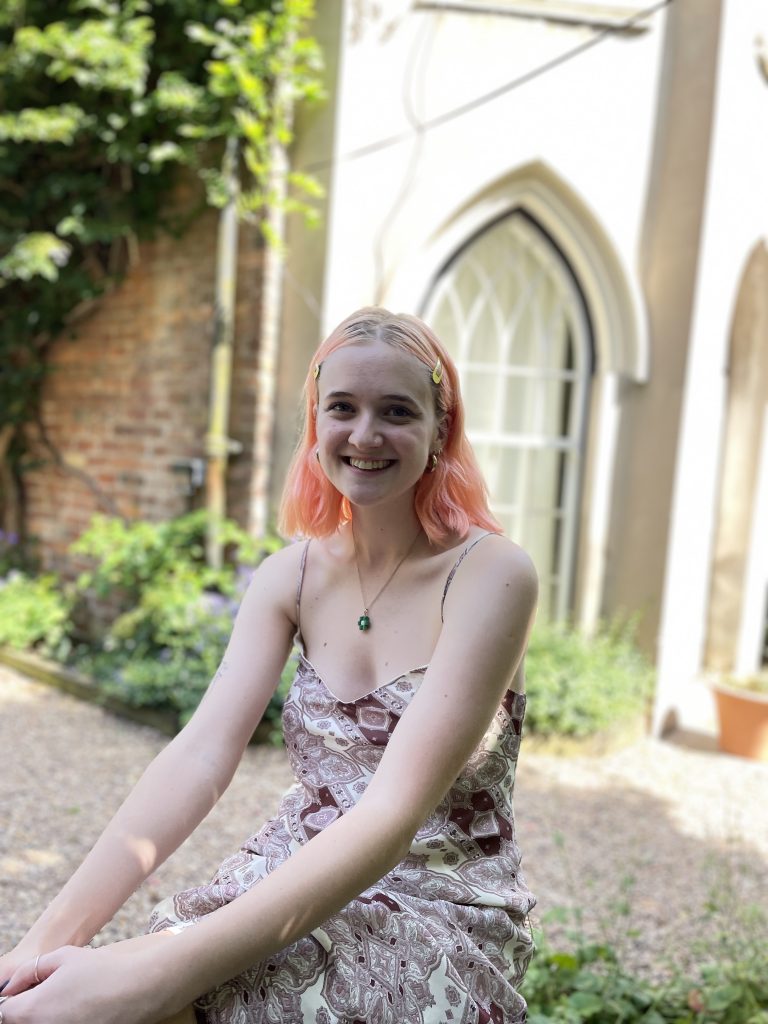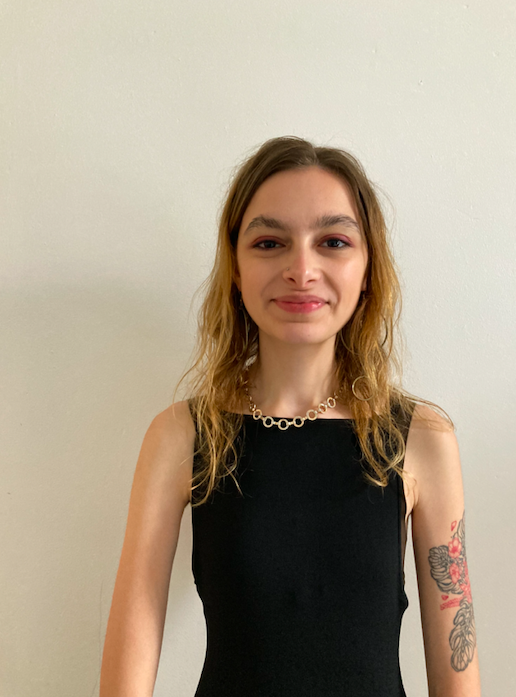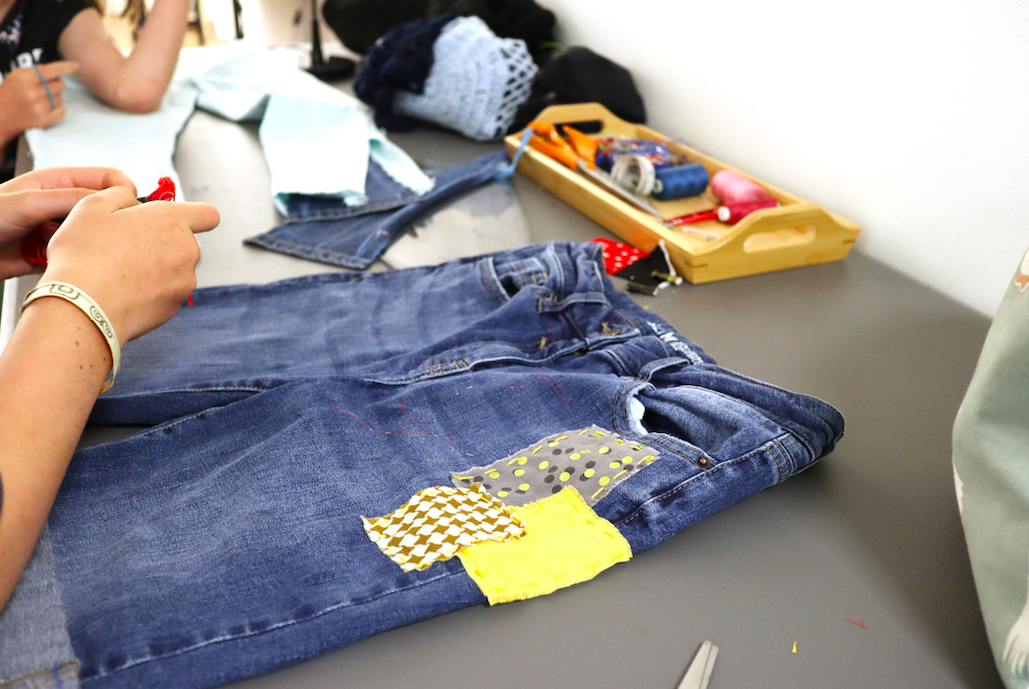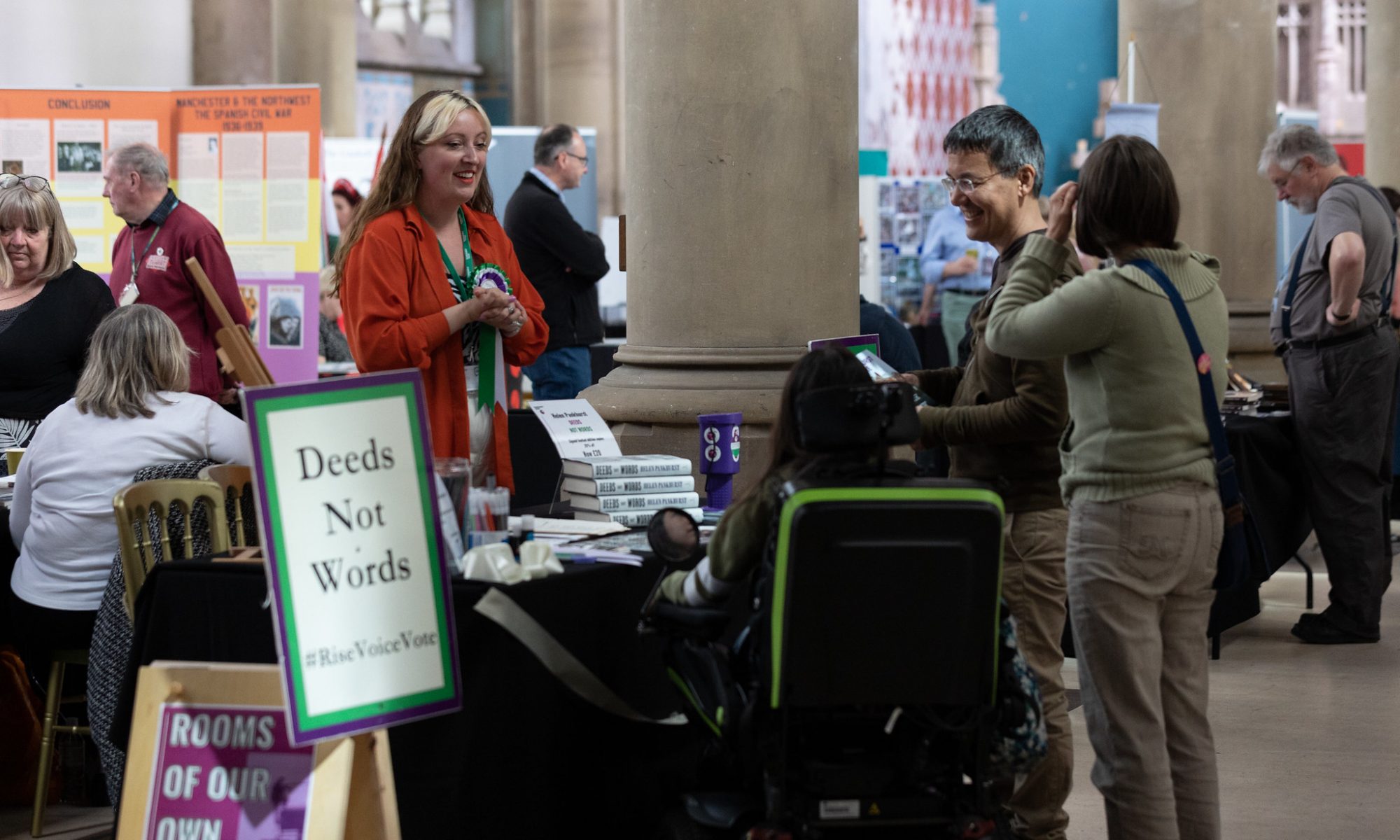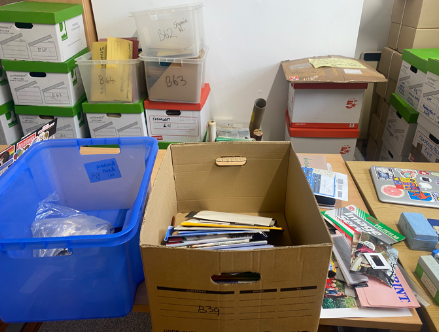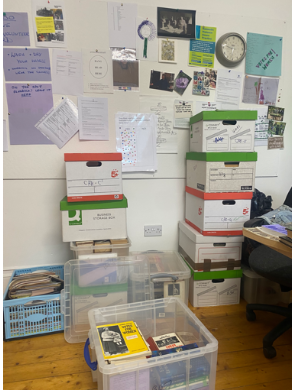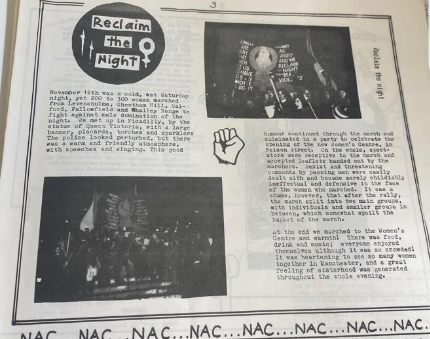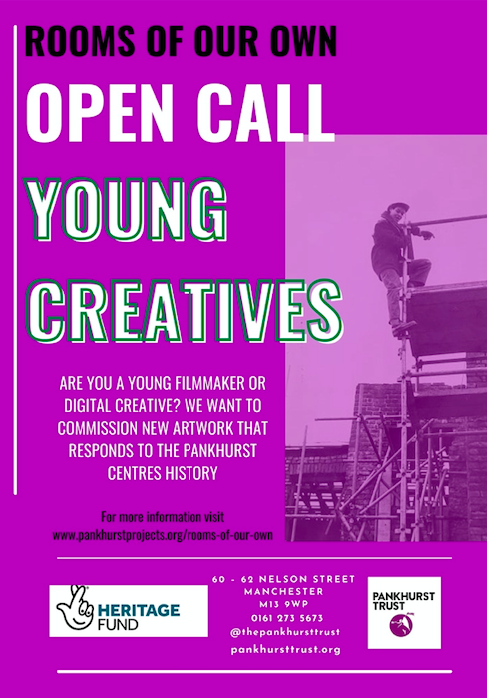By Kate Ferguson,
September 2022
Change can be difficult for us all; transition involves loss and uncertainty. Refugees understand this more than most. Being forced to flee your country to seek safety means leaving behind your home, belongings, family, friends, livelihoods, the life you have known and the future you imagined.
In August 2021, the Taliban seized control of Afghanistan. 7000 people were evacuated to the UK and accommodated in hotels across the country. Supporting newly arrived refugee women through this transition was the purpose of our project.
Newly arrived refugees have a range of needs. Basic essentials include clothing, toiletries, toys and medication. Support to learn English, understand a new culture, navigate statutory services and engage in well-being activities are also vital for a successful transition. Children have additional educational and play needs while they await school places.
In Manchester, organisations from our voluntary, community and social enterprise (VCSE) sector began planning how we could support the newly arrived refugees in our city. PTMWA collaborated with local authority teams and VCSE organisations to identify needs, secure basic essentials and produce a schedule of activities to help refugees residing in the hotels transition to their new life in the UK.
Here are 5 reflections from our time supporting Afghan women over the past year as they navigated this transition.
Creating a welcoming space to encourage wellbeing
It was soon apparent that the women and children were not leaving the hotel. So, we started a women’s social and craft group at The Mustard Tree.
The Mustard Tree offered us the use of their incredible art studio equipped with all kinds of wonderful craft and textile supplies. We sourced sewing machines for use during the sessions.
We wanted to create a warm and welcoming environment, a change of scene and a safe space for the women to come together, chat and engage in activities of their choice. The women led the sessions sharing their skills with each other while our volunteer’s provided expertise in arts, crafts, sewing, crocheting, embroidery, and wellbeing activities.
A welcoming space and engaging activities provided the perfect environment for informal discussions about leaving home, the uncertainty of life in the hotels, coming to a new country, finding out about a new culture and for many a new language. We talked about the weather, food, cooking, accessing health services, education, and the rights that they have as refugees and women in the UK.
Creating a welcoming space first where they felt comfortable allowed us to engage with the women and deliver advice and information on services and life in the UK in a natural and non-intimidating way.
- Engaging children
Children were facing lengthy waits for school places. We organised games, crafts and play activities for them at the same time as the women’s sessions in an adjoining room. These sessions provided a chance to leave the hotel and a play-appropriate space for the children which was a necessity for their well-being. Temporary relief from childcare provided the space for the women to engage with other women and their chosen activities.
The women spoke of the challenges of living with children long term in hotels. For example, the lack of spaces to play, particularly outdoors, the inability to cook family meals and food their children like to eat. Also unspoken were the traumas from becoming a refugee – sudden upheaval, loss of home, loss of culture, family and community as well as bearing witness to violence.
For children in particular, trauma can be difficult to process. Recognising this need we asked our specialist children and young people’s team to deliver a course of therapeutic play sessions in each hotel which were child-led, trauma informed and based on a repair and recovery model. Sessions aimed to help with emotions, confidence, social skills, and self-soothing techniques.
Supporting the well-being of children is of course important but providing a child-appropriate space for play also generated positive outcomes for their mothers, allowing them space to reflect and socialise.
- Women’s Rights and Equality
Advice on their rights was self-identified as a need by the women. Staff in the hotels also told us that the women would benefit from learning more about their entitlements because in many cases the families’ affairs were dealt with by their husbands. We designed and delivered informative sessions to women in all the Manchester hotels. The sessions covered domestic abuse, safeguarding, education, employment, volunteering, benefits and finance, marriage and marital rights, immigration and legal aid and health care.
I assumed more emotive topics such as the illegality of forced sex (rape) in marriage, contraception and reproductive rights might be considered taboo and the women would be reluctant to engage. This assumption was disproven, and these issues generated lots of questions and discussions. This gave me pause for thought as I reflected on my own cultural bias and the assumptions which had followed. It also highlights the importance of providing women only spaces with opportunities for such discussions for women to feel safe and empowered to ask questions which could be vital to their health and wellbeing.
- Financial Literacy
The women were keen to understand their financial position. For many of them, control of the family finances was with their husbands. Universal Credit payments for the family were often issued directly to their husbands, further excluding the women from financial decisions. Their experiences illustrate the threat that the single payment system of Universal Credit can pose to women’s financial autonomy and the role it can play in perpetuating gender inequalities.
Financial dependency can be compounded for some refugee women by unequal access to education and English language lessons in their home countries. This further limits their autonomy and can lead to power imbalances in their relationships when settling into a new English speaking country.
Financial literacy and education on welfare and other statutory entitlements along with English language lessons can help to address this imbalance, empowering women to play a greater role in the family’s finances.
- But what about the men?
When asked for feedback, the women overwhelming asked for the same information and education to be given to their husbands.
“It is not useful for us to know about our rights if our husbands do not also know and respect them”.
As a women’s organisation, our purpose is to support and empower women to exercise their rights and participate as full and equal members of society. However, the women are right to question the efficacy of educational interventions targeted only at women and which do not consider the education of the wider family unit.
This observation is particularly pertinent for refugee women and their families who are navigating new lives in a new cultural context with new laws and gender norms. Familial tensions can arise from a loss of identity, status and income and can compound these challenges.
We know that best practice research supports taking a multi-agency and holistic approach which considers the whole family unit. We must listen when women tell us that they want the men in their lives to have access to the same information and education. We are therefore advocating for the Council and coordinating organisations to put in place this necessary support and education for the men by organisations best placed to deliver it.
